Find Help
More Items From Ergsy search
-
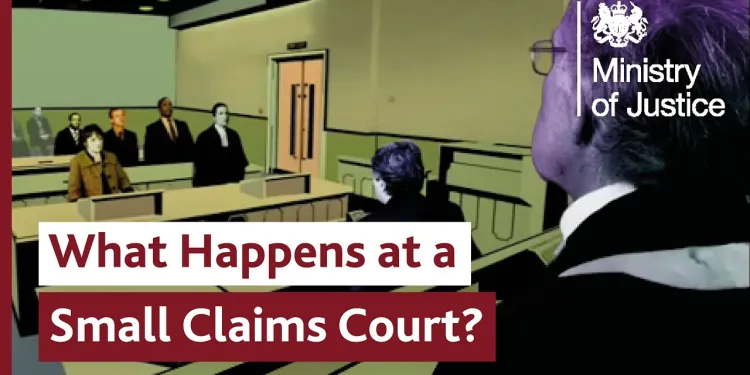
What Happens at Small Claims Court? Making a Court Claim for Money
Relevance: 100%
-
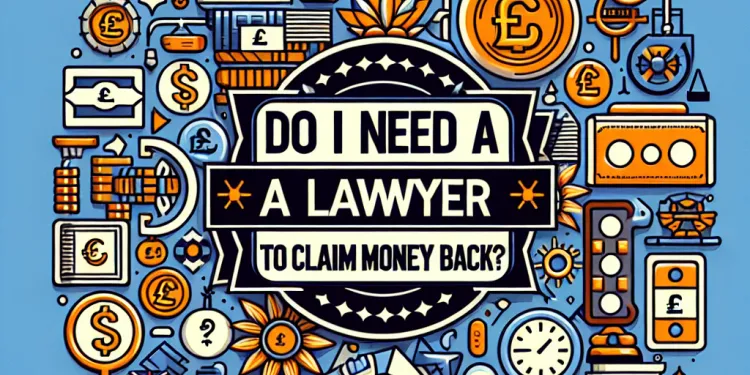
Do I need a lawyer to claim money back?
Relevance: 72%
-

Are there any fees to claim money back?
Relevance: 48%
-

Is there a minimum claim amount?
Relevance: 47%
-

How can I claim money back from my water company?
Relevance: 43%
-

What is a typical timeline for a civil case to come to court?
Relevance: 41%
-
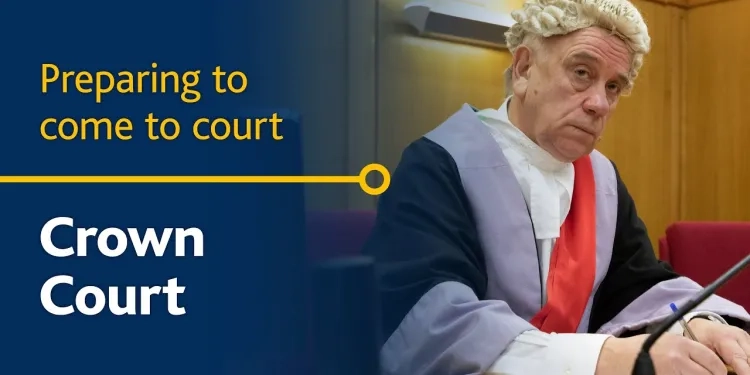
Crown Court - Preparing to come to court
Relevance: 41%
-
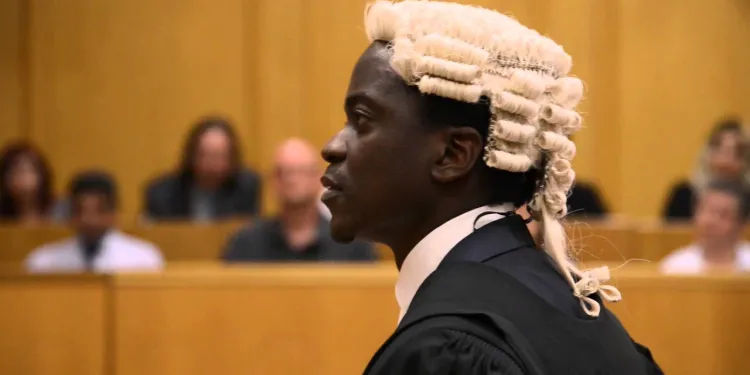
The Crown Court
Relevance: 40%
-
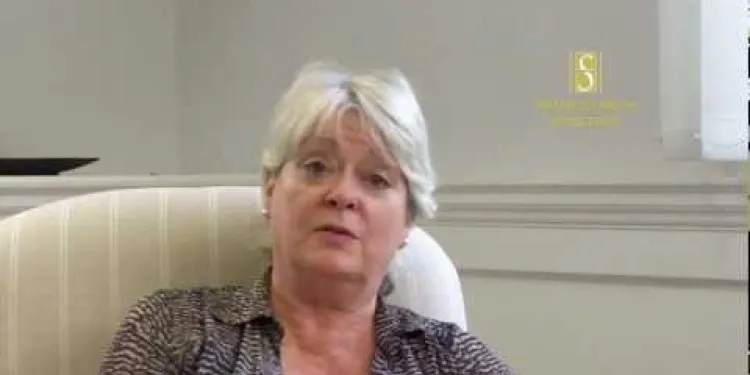
Court of Protection
Relevance: 40%
-

Is there a deadline for making a claim?
Relevance: 40%
-
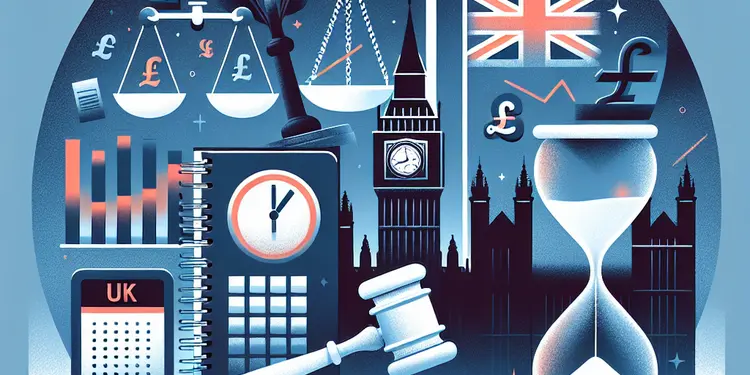
How do court holidays affect the timeline for a case to come to court?
Relevance: 38%
-

What is the first step to claim money back from my water company?
Relevance: 38%
-
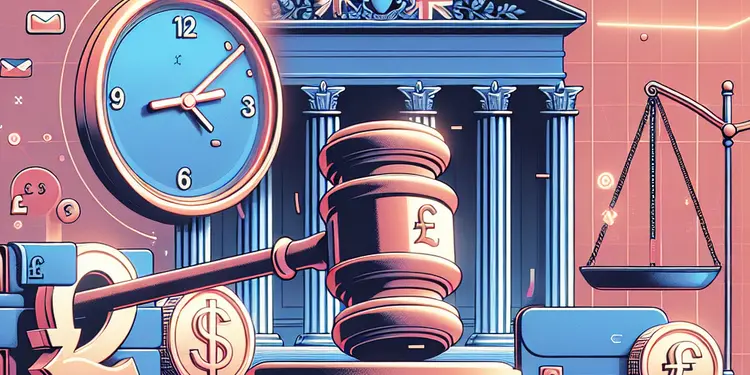
Why might a court date be delayed?
Relevance: 38%
-

Is there a standard minimum or maximum time for a case to reach court?
Relevance: 38%
-
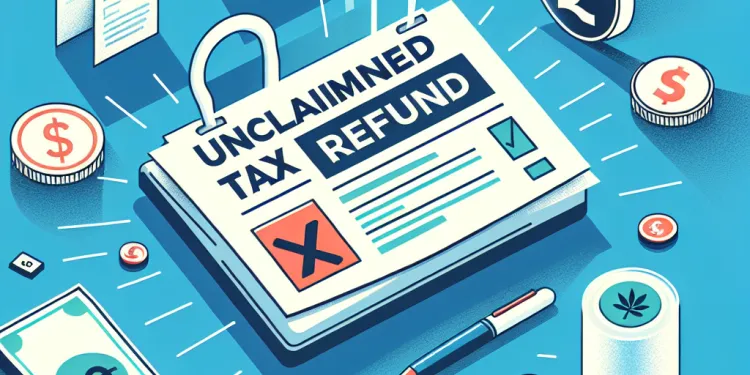
What happens if I do not claim my tax refund?
Relevance: 37%
-
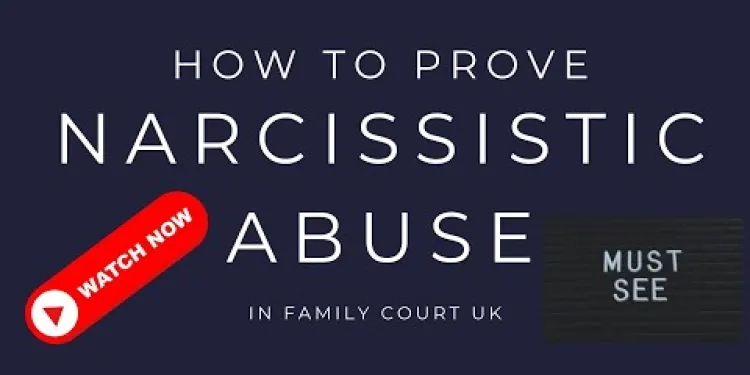
How To Prove Narcissistic Abuse In Family Court UK
Relevance: 37%
-

What should I do if my claim is rejected?
Relevance: 36%
-
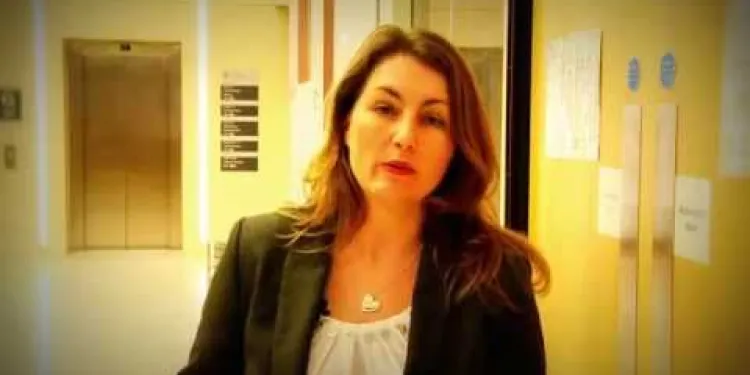
The Family Court without a Lawyer
Relevance: 36%
-

What evidence do I need to support my claim?
Relevance: 36%
-
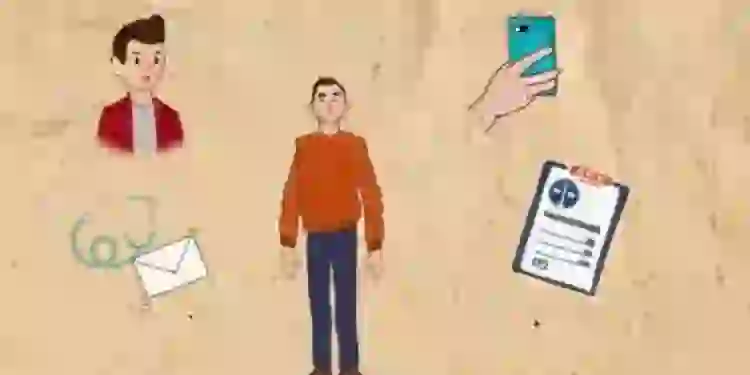
An introduction to claiming asylum in the UK
Relevance: 36%
-

How long do I have to file a professional negligence claim?
Relevance: 36%
-

What steps can a party take to expedite a court date?
Relevance: 36%
-

How can I prepare for an eviction court hearing?
Relevance: 35%
-
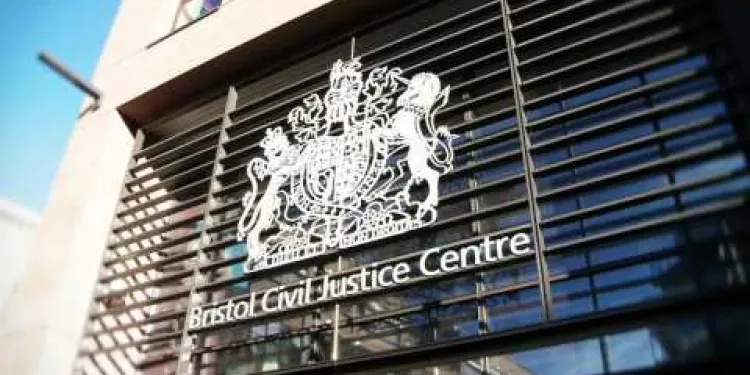
The Family Court without a Lawyer - Video 1 of 3
Relevance: 35%
-
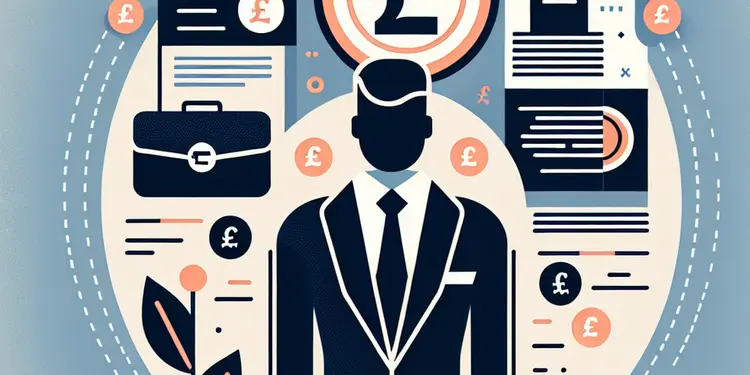
What are the elements of a professional negligence claim?
Relevance: 35%
-
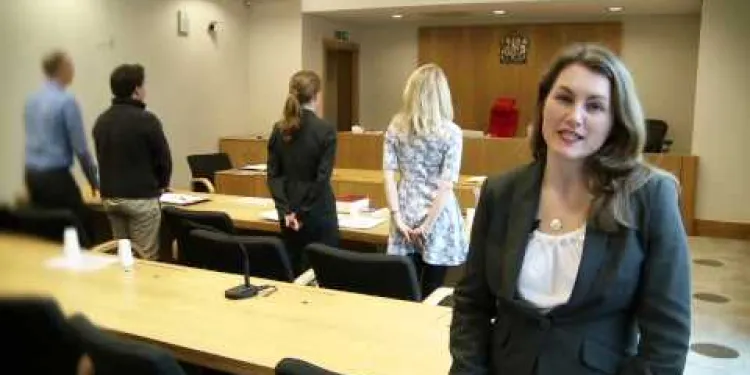
The Family Court without a Lawyer - Video 2 of 3
Relevance: 35%
-
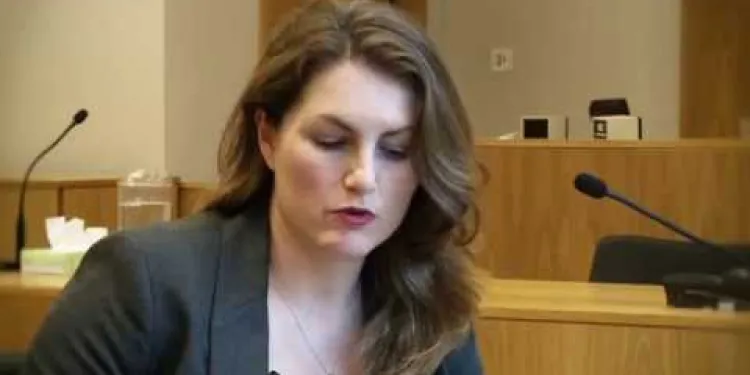
The Family Court without a Lawyer - Video 3 of 3
Relevance: 35%
-

Can I make a claim online?
Relevance: 34%
-

Are professionals insured against negligence claims?
Relevance: 34%
-

Three-year limit for child sexual abuse claims to be removed
Relevance: 34%
-

Does the location of the court affect case timing?
Relevance: 34%
-

Supreme Court to Hear Landmark Case on Environmental Regulations
Relevance: 34%
-

Can the Attorney General override a court decision?
Relevance: 33%
-

Navigating Personal Injury Claims: What You Need to Know Post-2023
Relevance: 33%
-

How do I claim my tax refund from HMRC?
Relevance: 33%
-

Can Inheritance Tax be claimed back?
Relevance: 33%
-
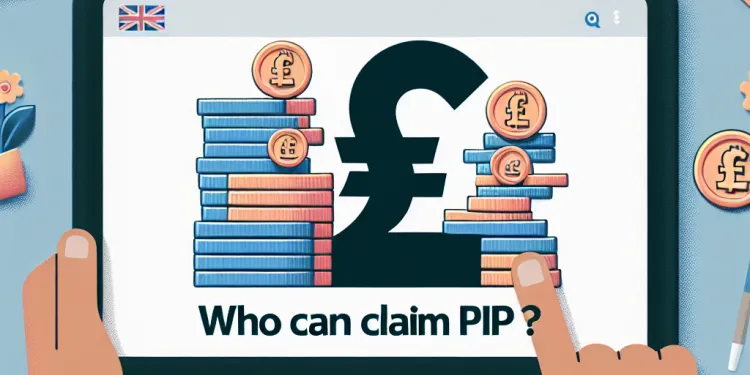
Who can claim PIP?
Relevance: 33%
-
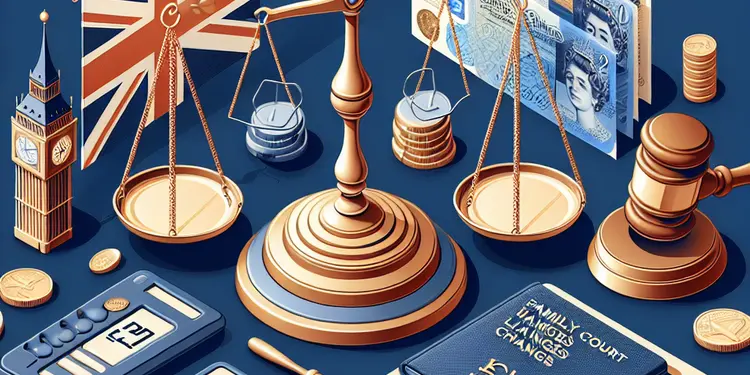
What are the changes to Family Court Law in 2026?
Relevance: 33%
-
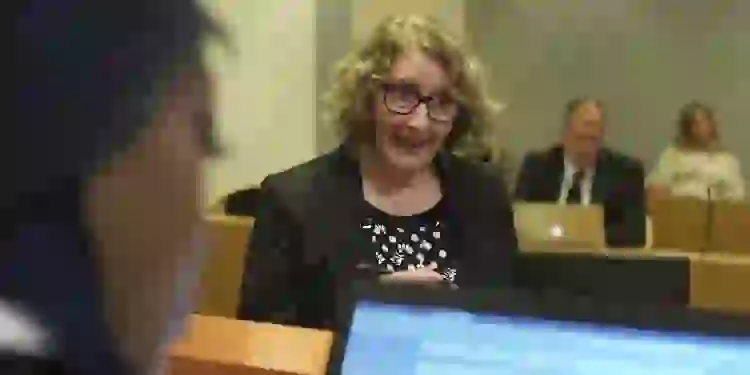
Magistrates in the Family Court: A Public Law Case
Relevance: 33%
-
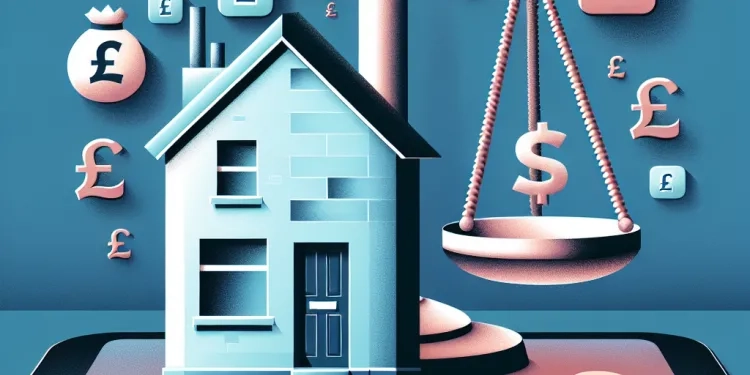
Can I appeal a court's eviction decision?
Relevance: 33%
What Happens at Small Claims Court?
Introduction
Small Claims Court is a specific division of the civil court system in the United Kingdom designed to resolve disputes over smaller amounts of money, typically up to £10,000 in England and Wales. It offers a quicker, more cost-effective way for individuals to settle financial disagreements without the need for a full trial. This article provides an overview of what you can expect during the process.
Making a Court Claim for Money
Initiating the Claim
To start a small claim, you need to submit your case online through the Money Claim Online service, or by filling out a paper form (N1) and sending it to your local court. You will need to provide details of the money owed, supporting evidence, and pay a fee, which varies based on the amount being claimed.
The Defendant's Response
After the claim is submitted, the defendant has 14 days to respond. They can agree to pay the full amount, make an offer to pay a lesser amount, dispute the claim, or fail to respond, in which case you can request a default judgment in your favour.
Mediation
Before heading to court, the UK’s Small Claims Mediation Service will offer you the opportunity to resolve the dispute through mediation. This is usually a telephone-based process and can be a more amicable and less stressful alternative to a court hearing.
Court Hearing
If mediation fails, or if either party insists on a hearing, the case will be scheduled for a court date. Both parties will receive details about the time, date, and location. During the hearing, both sides will present their facts and evidence. Although legal representation is not mandatory, you can choose to be represented by a solicitor.
Judgment and Enforcement
Once the court has heard from both parties, the judge will make a decision (a 'judgment') and notify both sides. If you win the case and the defendant still does not pay, you may need to take further steps to enforce the judgment. This could involve an order for the defendant's employer to deduct money from their wages, a bailiff visit to seize goods, or other enforcement methods.
Conclusion
Attending Small Claims Court can seem daunting, but understanding the process can make it much more manageable. By preparing thoroughly and considering mediation, you may achieve a satisfactory resolution to your financial dispute without undue stress or expense.
What Happens at Small Claims Court?
Small Claims Court in the UK is a venue designed to resolve disputes over small monetary amounts, typically under £10,000. This process is generally more informal, quicker, and less expensive than other legal proceedings, making it accessible to individuals seeking to claim money owed to them.
Making a Court Claim for Money
If someone owes you money and refuses to pay, the Small Claims Court offers a straightforward method to make a formal claim. Before proceeding, it's generally advisable to try resolving the dispute directly with the debtor. You should keep detailed records of all communications regarding the debt.
Steps Involved in Filing a Claim
To initiate a claim, you must complete a claim form, which can be filled out online using the Money Claim Online service. The form requires details about the amount claimed, reasons for the claim, and any interests or expenses sought. After filing, the court will serve the claim to the defendant, allowing them an opportunity to respond.
Attending the Hearing
If the defendant disputes the claim, the court will schedule a hearing. Attendance can be in person, or sometimes remotely via video call. At the hearing, both parties will present their cases, supported by any relevant evidence such as contracts, invoices, or correspondence. The judge will make a decision based on the evidence provided.
After the Hearing
If you win the case, the judge may order the defendant to pay the amount claimed, interest, and any court fees incurred. However, enforcement of the judgment may involve additional steps if the defendant fails to pay. It’s important to be aware that, even with a favourable judgment, the court cannot guarantee payment.
Conclusion
Small Claims Court represents a practical option for individuals seeking to recover money owed to them. While the process is designed to be user-friendly, it's essential to be prepared, organised, and aware of your legal rights and responsibilities. Seek legal advice if necessary, to ensure the best possible outcome.
What Happens at Small Claims Court?
Introduction
Small Claims Court is a special place where you can solve money problems. It's for smaller money amounts, up to £10,000 in England and Wales. It is faster and cheaper than a big court case. This guide will help you know what happens there.
Making a Court Claim for Money
Starting the Claim
To start, you need to fill out a form online on the Money Claim Online website or fill out a paper form called N1 and send it to a court near you. You must list the money owed and show proof. You also pay a fee that depends on the amount you want.
The Other Person’s Reply
After you send your claim, the other person (defendant) has 14 days to reply. They can say they will pay, offer to pay less, argue about the claim, or not reply at all. If they do not reply, you can ask the court to decide you win by default.
Mediation
Before going to court, you might try to solve the problem by talking. This is called mediation. It happens over the phone and can be a friendlier way to agree instead of going to court.
Court Hearing
If mediation does not work, or if someone wants a court hearing, the court will set a date. You will get the time, date, and place details. At the court, both sides tell their side of the story with any evidence they have. You don’t need a lawyer, but you can bring one if you want.
Judgment and What Happens Next
After the hearing, the judge will decide who wins. This is called a 'judgment'. If you win and the other person does not pay, you have to take extra steps to get your money. This may mean asking their boss to take money from their pay or having a bailiff take things to pay what is owed.
Conclusion
Going to Small Claims Court can be scary, but knowing what to expect makes it easier. By preparing well and trying mediation, you might solve the money problem quickly and without too much stress.
What Happens at Small Claims Court?
Small Claims Court in the UK helps people solve problems about money, usually less than £10,000. It is a simpler and faster way to get money that someone owes you. It is also cheaper than other courts.
Making a Court Claim for Money
If someone owes you money and won't pay, you can use the Small Claims Court. First, try talking to the person and ask them to pay. Keep notes and copies of all your messages and letters about the money.
Steps Involved in Filing a Claim
To start a claim, you fill out a form. You can do this online at Money Claim Online. The form asks for how much money you want, why you want it, and any extra costs. After you send the form, the court will tell the person you are claiming against. They will get a chance to reply.
Attending the Hearing
If the other person does not agree to pay, there will be a court meeting called a hearing. You can go there in person or sometimes join by video call. Both you and the other person show your side of the story. Bring all your papers like agreements, bills, or letters to help explain. The judge will decide based on what everyone says and shows.
After the Hearing
If you win, the judge will tell the other person to pay you. This can include the money, extra interest, and any court costs. But if they do not pay, you might have to take more steps. Even if you win, the court cannot make sure you get paid.
Conclusion
Small Claims Court is a good way to get money back. It is easy to use, but you should be ready and keep good records. Know your rights and what you need to do. If you need help, talk to a legal advisor.
Frequently Asked Questions
What is Small Claims Court?
Small Claims Court is a legal venue in the UK where individuals can resolve civil disputes involving relatively small amounts of money, typically up to £10,000 in England and Wales.
What types of cases can be taken to Small Claims Court?
Small Claims Court typically handles cases such as contract disputes, personal injury claims, and property damage where claims are less than £10,000.
How do I start a claim in Small Claims Court?
You can start a claim in Small Claims Court by filling out a claim form and submitting it to the local court. This can often be done online through the government's money claim service.
What are the fees for filing a claim?
The fees for filing a claim depend on the amount you are claiming, starting from £35 for claims up to £300 and increasing based on the amount in question.
How long does it take for a claim to be resolved?
The time it takes to resolve a claim in Small Claims Court can vary, but it typically takes several months from the time you file the claim to when it is heard in court.
Do I need a lawyer to represent me in Small Claims Court?
You do not need a lawyer to represent you in Small Claims Court. The process is designed to be simple and user-friendly, but you can seek legal advice if you wish.
What happens if the defendant does not respond to the claim?
If the defendant does not respond to the claim, you can ask the court to issue a judgment in default, which means the court will decide the claim in your favor without a hearing.
Can a company be taken to Small Claims Court?
Yes, companies can be defendants in Small Claims Court if they owe you money or have broken a contract.
What should I do if I lose my case?
If you lose your case, you may be ordered to pay the defendant’s court costs. You may be able to appeal the decision if you believe there was a legal error.
Can decisions made in Small Claims Court be enforced?
Yes, if you win and the defendant does not pay, you can take steps to enforce the judgment, such as using bailiffs or applying for an attachment of earnings order.
What is mediation and is it available in Small Claims Court?
Mediation is a process where an independent third party helps the disputing parties come to a mutually agreeable solution. It is often encouraged and available as an alternative to court proceedings.
What evidence should I bring to the hearing?
You should bring any documents, photographs, receipts, or other items that support your case to the hearing.
How is the decision made in Small Claims Court?
The decision is made by a judge who listens to both sides, reviews the evidence, and then delivers a legal judgment based on the facts presented.
Can I recover my costs if I win?
If you win your case, you may be able to recover some of your costs, such as court fees and limited expenses for coming to the hearing.
Are there any alternatives to Small Claims Court for resolving disputes?
Yes, alternatives include negotiation between parties, mediation, or arbitration, which can sometimes be quicker and less formal than court proceedings.
What is Small Claims Court?
Small Claims Court is a special place where people can solve simple money problems. It's like a small part of the big court.
Why use it? If someone owes you a little money and won't pay, you can ask the Small Claims Court for help.
Helpful Tip: If you find it hard to read, ask a friend or family member to help you. You can also use tools that read text out loud or make words bigger.
Small Claims Court is a place in the UK where people can solve money problems. It is for money troubles that are not too big, usually up to £10,000 in England and Wales.
What problems can you take to Small Claims Court?
You can take some problems to a special court called Small Claims Court. This court helps people fix small money problems.
Here are some problems you can take to Small Claims Court:
- If someone broke something you own and won't pay for it.
- If you paid for something and did not get it.
- If someone did not do a job you paid them to do.
Small Claims Court is for simple money problems. You do not need a lawyer.
Here are some tools that can help you understand:
- Ask a family member or friend to help you.
- Use pictures or diagrams to help explain your problem.
- Write down your problem in simple steps.
Small Claims Court looks at problems like broken promises, when someone gets hurt, or things get damaged. The money involved is less than £10,000.
If you need help, you can ask a friend or use simple pictures or charts to understand better.
How do I start a claim in Small Claims Court?
Here is how you can start a claim in Small Claims Court:
- Write down what happened. Use simple words to explain why you are making a claim.
- Get the right forms. You can ask for help to find these forms online or at the court.
- Fill out the forms. If writing is hard, ask someone you trust to help.
- Pay a fee. This is some money you need to pay to start your claim.
- Give the forms to the court. This is called "filing" your claim.
Here are some tools and tips:
- Ask a friend, family member, or support worker to help you.
- Use a speech-to-text tool if writing is difficult.
- Take your time. Don't rush through the forms.
- If you have questions, ask the court staff for help. They can explain things to you.
You can ask for help from the Small Claims Court by filling out a form. Give the form to your local court. You can often do this online using the government's money claim service.
How much does it cost to make a claim?
If you want to make a claim, you might have to pay some money. This is called a fee. The fee is the cost for making your claim. You can ask someone to help you understand what the fee is. There are tools like number lines or calculators that can help you count money if you need it. You can also ask a family member or friend to explain it to you.
The cost to file a claim depends on how much money you are asking for. It starts at £35 if you want £300 or less. The cost goes up if you ask for more money.
How long does it take to finish a claim?
Going to Small Claims Court can take a few months. It takes time from when you first ask for help until you go to court and get an answer.
If you want some help, you can:
- Ask a friend or family member to read with you.
- Use a dictionary to understand big words.
- Use speech-to-text on a phone or computer to listen to the words.
Do I need a lawyer to help me in Small Claims Court?
You do not need a lawyer in Small Claims Court.
Here are some things you can do:
- Talk to a friend or family member who can help you understand.
- Use pictures or drawings to help explain what happened.
- Write down what you want to say before you go to court.
- Practice talking about your case with someone you trust.
You don’t need a lawyer to help you in Small Claims Court. It is made to be easy for everyone to use. But if you want, you can still talk to a lawyer for advice.
What if the person does not answer the complaint?
If the person who is blamed (called the defendant) does not say anything about the complaint:
- The judge might say the other person (who complained) is right.
- The defendant could lose the case.
- The judge could pick what happens next.
It's important for the defendant to answer the complaint!
Here are some tips to help:
- Ask someone you trust to help you read and understand the papers.
- Use a calendar to mark important dates.
- Think about asking a lawyer or an adviser for help.
If the person you're making a claim against doesn't answer, you can ask the court to make a decision without talking to them. This is called a "judgment in default," and it means the court will decide you win.
Can you take a company to Small Claims Court?
Yes, you can take a company to Small Claims Court if they owe you money or did not keep a promise in a contract.
What to Do If You Lose Your Case
If you lose your case, don't worry. Here are some things you can do:
- Talk to a lawyer and ask them to help you understand why you lost.
- Ask about making an appeal. This means asking the court to look at your case again.
- Write down what you learned from the case. This can help you in the future.
- Look for support from friends, family, or a support group.
Using a notebook or a voice recorder can help you remember what you learn. These tools can be very helpful.
If you lose your case, you might have to pay the other person’s court costs. If you think there was a mistake in the decision, you can ask someone else to look at it again. This is called an appeal.
Can you make people follow what the Small Claims Court decides?
Yes, if the Small Claims Court makes a decision, you can ask for help to make sure people do what the court says. Here are some ways to do it:
- Ask for payment: If the court says someone must pay you, they should pay you the money.
- Get help from court officers: If they don't pay, court officers can help make sure they do.
- Use a payment plan: Sometimes, you can ask for a way to pay the money bit by bit if paying all at once is hard.
If you need help, you can ask a trusted person like a family member or a friend to assist you.
If you win and the other person does not pay, you can do something about it. You can ask for help from bailiffs to collect the money. You can also ask the court to take money from their pay.
What is mediation and can you use it in Small Claims Court?
Mediation is when two people get help to solve a problem. A trained person, called a mediator, talks to both people. The mediator helps them agree on a solution. It is a little like a teacher helping kids work out a fight.
Yes, you can use mediation in Small Claims Court. It helps people agree instead of going to a judge. This can make solving the problem faster and easier.
Here are some tips to help:
- Ask someone you trust to help you understand.
- Look for simple videos about mediation online.
Mediation is a way to solve problems with someone. A neutral person helps both sides agree on a solution. You can try mediation instead of going to court.
What should I bring to the meeting?
Here is a list of what to take:
- Bring papers that help your side.
- Bring letters from people who know about your problem.
- Bring reports that explain things clearly.
- Bring any pictures that show what happened.
Ask a friend or helper to come with you. They can help explain and make things easier.
Bring papers, pictures, receipts, or other things that help your case to the hearing.
How do they decide in Small Claims Court?
The judge listens to both sides. This means the judge hears what both people have to say.
Each person can show proof. This can be papers, pictures, or things that help tell their side of the story.
After hearing both sides, the judge makes a decision. The judge decides who should win.
You can bring someone to help you. This can be a friend or a family member.
Tools like a picture board or notes can help you explain your side better.
A judge makes the decision. The judge listens to both sides. The judge looks at the evidence. Then, the judge makes a decision based on the facts.
If I win, can I get my money back?
If you win, you might get back the money you spent on the case.
Here are some things that can help:
- Ask a lawyer for help.
- Keep all the receipts and bills.
- Write down all the costs you have paid.
- Tell the court how much money you spent.
If you win your case, you might get some money back. This can include court costs and some travel expenses for going to the hearing.
Can you solve problems without going to Small Claims Court?
If you have a disagreement, there are other ways to fix it. These ways might be easier than going to court.
Here are some helpful ideas:
- Talk to the person you have a problem with. Try to agree on a solution together.
- Use a mediator. A mediator is a person who helps everyone talk and find a fair answer.
- Try an ombudsman. An ombudsman is a person who helps fix problems between people and companies.
- Use online tools or apps that give advice on solving problems.
Remember, it's good to ask for help if you need it. There are people and tools that can make things easier to understand.
Yes, there are other ways to solve problems. People can talk to each other to make a deal. They can also get help from a mediator or an arbitrator. These ways can be faster and not as formal as going to court.
Useful Links
Have you found an error, or do you have a link or some information you would like to share? Please let us know using the form below.
-->
This website offers general information and is not a substitute for professional advice.
Always seek guidance from qualified professionals.
If you have any medical concerns or need urgent help, contact a healthcare professional or emergency services immediately.
Some of this content was generated with AI assistance. We’ve done our best to keep it accurate, helpful, and human-friendly.
- Ergsy carfully checks the information in the videos we provide here.
- Videos shown by Youtube after a video has completed, have NOT been reviewed by ERGSY.
- To view, click the arrow in centre of video.
- Most of the videos you find here will have subtitles and/or closed captions available.
- You may need to turn these on, and choose your preferred language.
- Go to the video you'd like to watch.
- If closed captions (CC) are available, settings will be visible on the bottom right of the video player.
- To turn on Captions, click settings .
- To turn off Captions, click settings again.
More Items From Ergsy search
-

What Happens at Small Claims Court? Making a Court Claim for Money
Relevance: 100%
-

Do I need a lawyer to claim money back?
Relevance: 72%
-

Are there any fees to claim money back?
Relevance: 48%
-

Is there a minimum claim amount?
Relevance: 47%
-

How can I claim money back from my water company?
Relevance: 43%
-

What is a typical timeline for a civil case to come to court?
Relevance: 41%
-

Crown Court - Preparing to come to court
Relevance: 41%
-

The Crown Court
Relevance: 40%
-

Court of Protection
Relevance: 40%
-

Is there a deadline for making a claim?
Relevance: 40%
-

How do court holidays affect the timeline for a case to come to court?
Relevance: 38%
-

What is the first step to claim money back from my water company?
Relevance: 38%
-

Why might a court date be delayed?
Relevance: 38%
-

Is there a standard minimum or maximum time for a case to reach court?
Relevance: 38%
-

What happens if I do not claim my tax refund?
Relevance: 37%
-

How To Prove Narcissistic Abuse In Family Court UK
Relevance: 37%
-

What should I do if my claim is rejected?
Relevance: 36%
-

The Family Court without a Lawyer
Relevance: 36%
-

What evidence do I need to support my claim?
Relevance: 36%
-

An introduction to claiming asylum in the UK
Relevance: 36%
-

How long do I have to file a professional negligence claim?
Relevance: 36%
-

What steps can a party take to expedite a court date?
Relevance: 36%
-

How can I prepare for an eviction court hearing?
Relevance: 35%
-

The Family Court without a Lawyer - Video 1 of 3
Relevance: 35%
-

What are the elements of a professional negligence claim?
Relevance: 35%
-

The Family Court without a Lawyer - Video 2 of 3
Relevance: 35%
-

The Family Court without a Lawyer - Video 3 of 3
Relevance: 35%
-

Can I make a claim online?
Relevance: 34%
-

Are professionals insured against negligence claims?
Relevance: 34%
-

Three-year limit for child sexual abuse claims to be removed
Relevance: 34%
-

Does the location of the court affect case timing?
Relevance: 34%
-

Supreme Court to Hear Landmark Case on Environmental Regulations
Relevance: 34%
-

Can the Attorney General override a court decision?
Relevance: 33%
-

Navigating Personal Injury Claims: What You Need to Know Post-2023
Relevance: 33%
-

How do I claim my tax refund from HMRC?
Relevance: 33%
-

Can Inheritance Tax be claimed back?
Relevance: 33%
-

Who can claim PIP?
Relevance: 33%
-

What are the changes to Family Court Law in 2026?
Relevance: 33%
-

Magistrates in the Family Court: A Public Law Case
Relevance: 33%
-

Can I appeal a court's eviction decision?
Relevance: 33%


